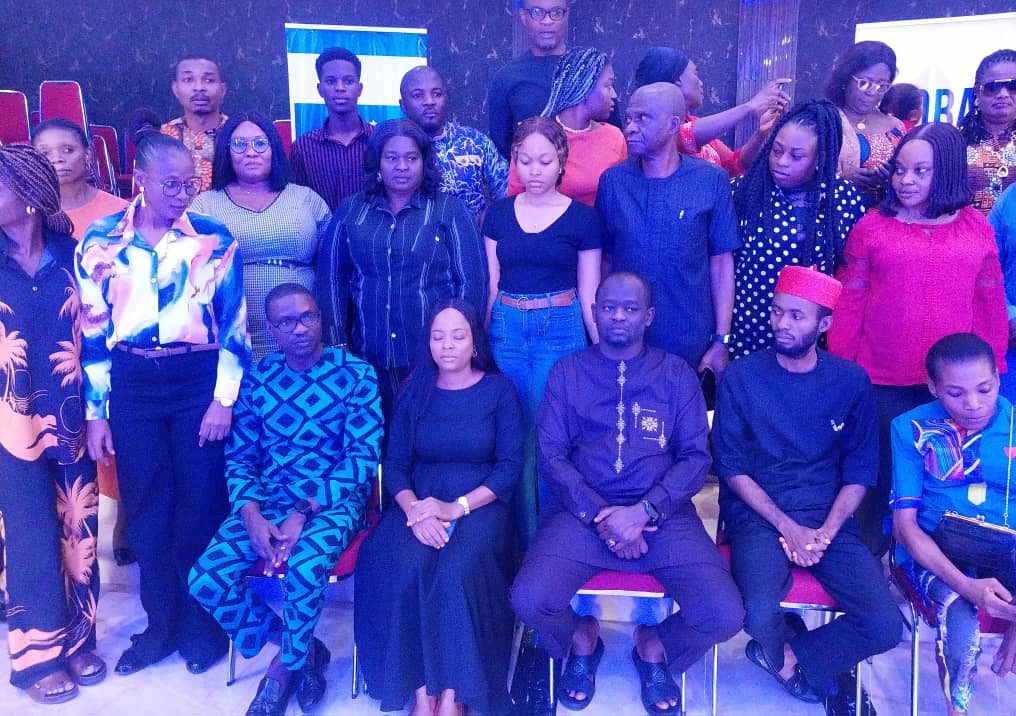From Aloysius Attah, Onitsha
Global Rights, an advocate for sustainable justice organisation, has identified multiple regulations with their accompanying financial burdens as one of the major hindrances hampering Civil Society Organisations’ (CSOs) compliance with the regulatory environment in Nigeria.
Programme Officer at Global Rights, Damilola Decker, who spoke in Awka during a two-day training on Nonprofit Regulatory Compliance for members of the Community of Practice on Civic Space Strengthening in Anambra, said research has shown that some organisations do not comply with stipulated regulations not out of truancy but as a result of lack of awareness and ignorance.
The event, themed “Strengthening a Community of Practice to improve the CSO Regulatory Environment in Nigeria,” was organised with the support of the EU Delegation to Nigeria and ECOWAS (EU Commission).
Decker lamented the multiplicity of various forms of regulations with their accompanying financial burdens, calling on the government to lighten the burden to enable CSOs to carry out their responsibilities seamlessly.
He said, “We’ve observed through our research that many CSOs, NGOs, and other non-profitable organisations, after registering with CAC, are ignorant of the regulatory burdens and regimes they have to keep up with.
“Not that they don’t want to comply, but the knowledge gap remains a challenge. Hence, Global Rights saw the need for the training in furtherance of our projects to strengthen their operational environment with support from EU.
“Again, while trying to improve the operational environment, we realised its burdensome nature, making it difficult for CSOs to comply. There is a multiplicity of all forms of regulations, especially at the state level.
“Worse still, these registrations come with financial burdens and, to a large extent, hinder the CSOs from their good work of bridging the gap between government and people.
“We keep pushing for policies that enhance CSOs’ operational abilities, including streamlining the regulatory processes as well as improving the CSOs’ knowledge of their responsibilities.”
Member, National Steering Committee, Community of Practice on Civic Space Strengthening, Nonso Orakwe, said the training was an opportunity to deepen CSOs’ understanding of the laws.
Orakwe said it was also necessary for CSOs to know the policies and best practices guiding their operations.
One of the resource persons, Alfred Iortyaver, an associate member of the Chartered Institute of Taxation of Nigeria, who spoke on nonprofit taxation, raised the challenge of the uncivil approach of tax administrators, especially at the local government level.
He stressed the need for capacity building for tax administrators, particularly on the mode of tax collection, as a way of curbing the uncivilised approach.
The programme was targeted to improve the operational environment for CSOs by streamlining regulations, thereby making it easier for organisations to operate.


